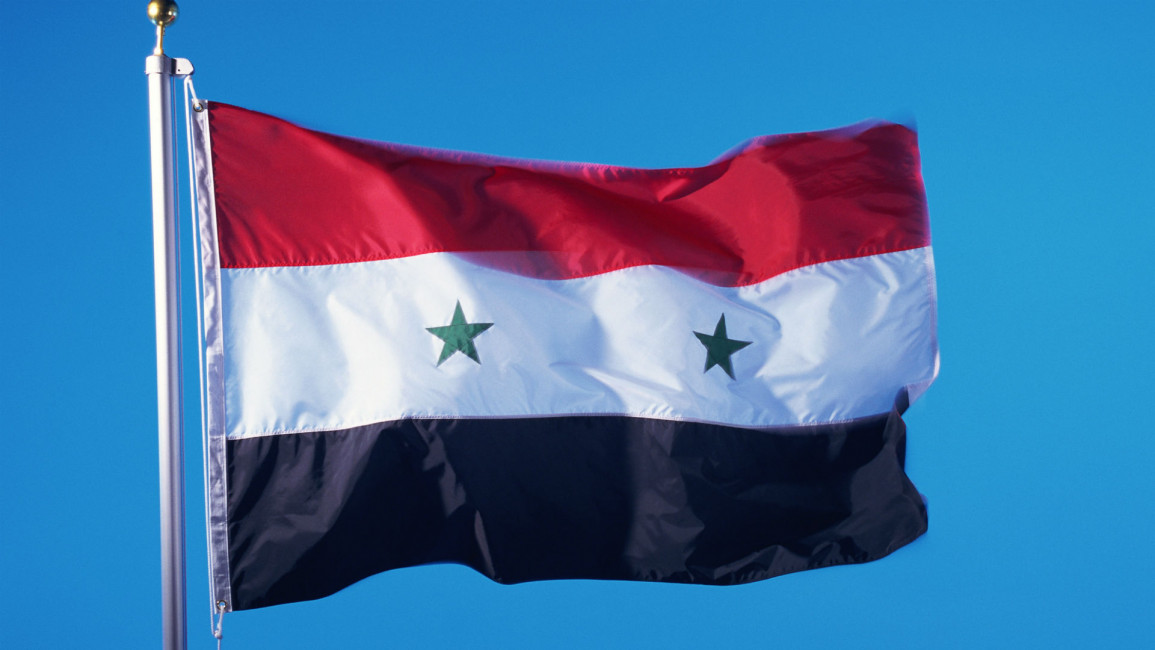Damascus 'grants Bahraini royal' lucrative business deal as Gulf regimes rally round Syria's Assad
Opposition-aligned news website Zaman al-Wasl reported on Tuesday that the Syrian Ministry of International Trade had granted a licence to Khalid bin Khalifa bin Daij Al Khalifa to make the investment.
Sheikh Khalid will now reportedly own 70 percent of Al-Shahbaa University in Syria's second city, Aleppo, with a Syrian business tycoon owning the remaining 30 percent.
The Bahraini royal is the executive director of the state-run Isa Cultural Centre and a member of "the King Hamad Global Centre for Peaceful Coexistence", according to Bahraini media.
He is also a two-time former member of the country's 40-seat Shura council, which is appointed by King Hamad bin Isa al-Khalifa and wields ultimate decision-making power.
Zaman al-Wasl said the other investor was Thabet al-Hazzaa, a Syrian businessman who has lived in the United Arab Emirates.
The New Arab could not independently verify the report, and has contacted Sheikh Khalid's office for comment but has not received a response by the time of publication.
The report comes as Bahrain and other Gulf states have led efforts to improve relations with the Syrian regime as the devastating eight-year conflict winds down.
In December, Bahrain announced it was resuming operations at its embassy in Damascus. The announcement was made a day after the UAE made the same decision.
Both Bahrain and the UAE are among a Saudi-led bloc of Arab regimes currently blockading Qatar. They claim Doha, which has a foreign policy independent of Riyadh's regional hegemony, supports "terrorism", which Qatar vehemently denies. Syria's Bashar al-Assad, meanwhile, is responsible for the hundreds of thousands of deaths seen in the Syria war.
Several Arab states are seeking to restore ties with President Assad in a bid to expand their influence in the country.
Sparked by the brutal repression of anti-Assad protests in 2011, the conflict has killed more than 360,000 people and displaced millions.
But fighting has failed to topple Assad, and diplomatic efforts have been unable to reach a peaceful transition.



